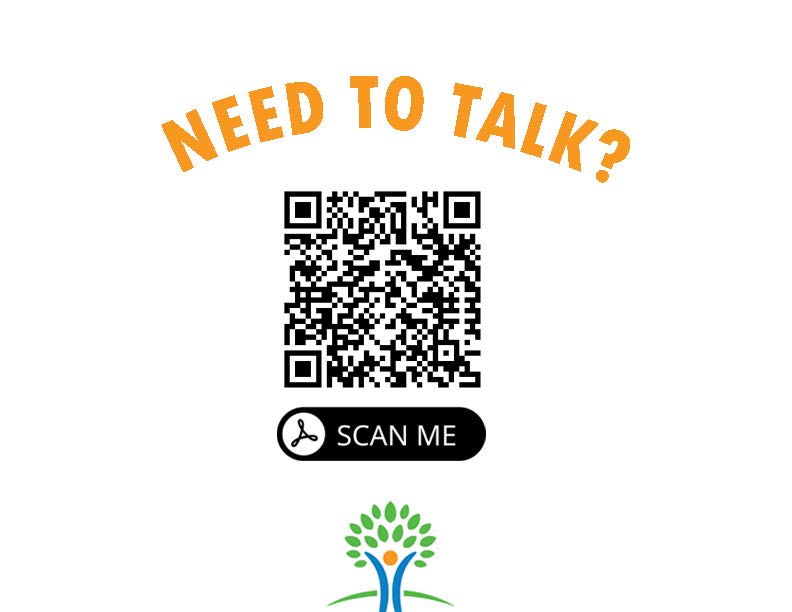
Arlington School Support Line
June 15, 2021
Our friends at Arlington Public School and Cigna have partnered up to provide a school support line linking vital resources for crisis and referral support…
September 2, 2013

Parenting is not an easy job, with responsibilities that seem to change every day. The daily tasks and roles you perform as a parent are bound to change as your child gets older. However, there is one task that is always important: monitoring your child’s contact with his or her surrounding world. Parents need to be aware of their children’s activities and interactions through every age and stage of growth.
As a parent, you are the link between your child and the outside world. Research says that monitoring your child’s activities is an important way to lower his or her chances of getting involved in situations you do not approve of, especially those that can be harmful. Not only does your involvement tell your child that he and his activities are worthwhile, it also makes you better able to see changes in your child that may indicate a problem. Monitoring who is in your child’s life is especially critical to protecting them from harm or abuse. Children today are around more adults on a daily basis than ever before.
Monitoring means establishing firm guidelines and limits for your child to keep track of what is going on in his or her social world. Monitoring also means establishing clear expectations about what your child should always tell you AND that they can always talk to you about the things going on in their life.
It is best to start monitoring your child early on, in ways that are age appropriate. This will help your child accept your involvement as a part of life. The earlier you begin monitoring, the easier it will be to continue this open communication as your child gets older.
The following list can help in monitoring your child’s activities:
Careful monitoring does not require the ability to be with your child every minute of every day. Being a careful monitor combines asking questions and paying attention with regard to making decisions, setting limits, and encouraging your child’s positive choices when you are not there.
As your child gets older, monitoring may not seem as easy as it once was. Your child may begin to discover his or her own personality, which might clash with yours. The drive for independence during adolescence years can make communicating with—and monitoring—your child even more difficult. As a result, it can be very difficult to communicate. But being an active monitor can be as simple as asking some basic questions:
Parents should monitor their children for many reasons. However, the most important reason is to keep your child from being harmed.
From teachers and coaches to babysitters to your own friends and family, your child comes in contact with more adults today than ever before. Monitoring their interaction with these people—as well as their own friends—is crucial to keeping your child safe.
It’s a sad truth that most cases of abuse (including sexual, physical, verbal and emotional) are inflicted by adults that a child already knows.
85-90% of child sexual abuse cases involve perpetrators known to the child, and in 35% of cases, a family member is the offender. Therefore, it is extremely important for parents to really know whom their child is spending time with.
Monitoring your child’s activity and behavior is especially important when they begin to come in contact with a new adult in their life. Especially in the case of a parent dating someone new.
Bringing a new person into the family can threaten the child’s sense of security and belonging. While sometimes the child disapproves of a new relationship for harmless reasons, sometimes they disapprove because their safety really is being jeopardized. According to the study “Broken Homes and Battered Children” conducted by Robert Whelan in 1993, the mother’s boyfriend appears to be a particularly potent source of danger to the child. A young child left alone with a mother’s boyfriend experiences elevated risk of physical abuse. An overwhelming number of child deaths occurred in households in which the child’s biological mother was cohabiting with someone who was unrelated to the child. Another study, the Heritage Organization study, found that although boyfriends contribute less than two percent of all non-parental childcare, they commit almost half of all reported abuse by parents.
Monitoring your child is a powerful way to express your care for your child and better understand their behavior and choices. Make a choice today to sit down with your child and start a discussion. Remain open to their thoughts, questions and concerns, and tell them that they should always speak up, ask questions and keep on talking until someone listens. Talk to your kids today and ensure a safe tomorrow!
And remember, all aspects of parenting can be tough, but finding help doesn’t have to be. Don’t be afraid to ask for help!